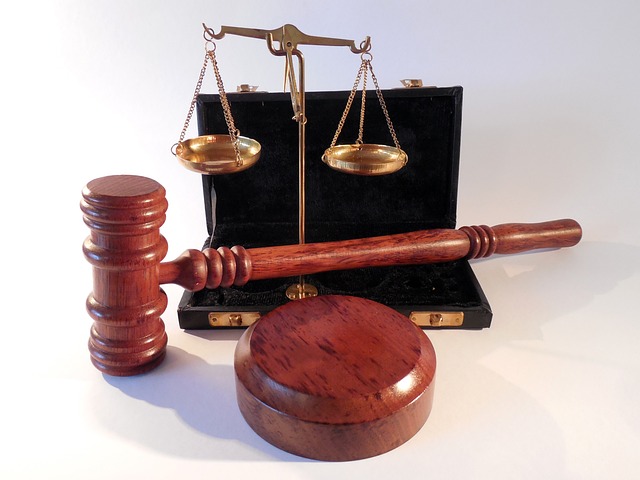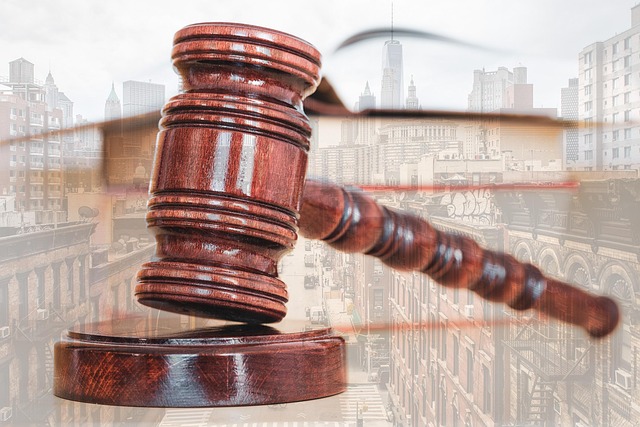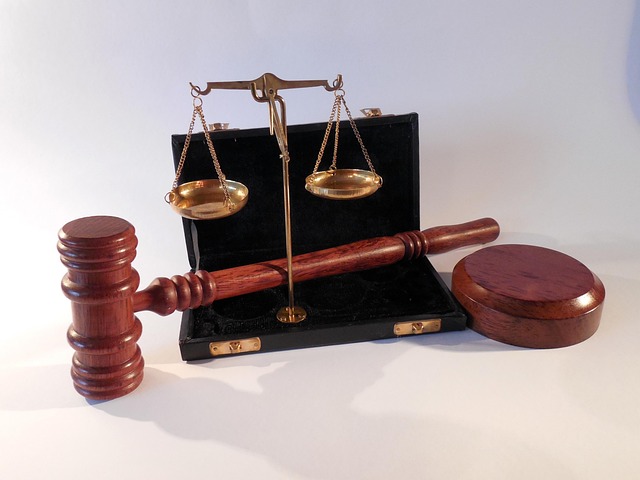Competition Law Compliance is crucial for startup growth and expansion, preventing restrictive practices that stifle innovation and ensuring fair markets. Startups should proactively manage compliance to avoid high-stakes cases and position themselves for long-term success. C-Level executive involvement early in investigations guides strategies, fostering robust defenses tailored to protect startup interests while adhering to legal guidelines. An effective Compliance for Startups strategy includes training, audits, staying informed about industry trends, and expert legal guidance to build a strong framework, mitigate risks, and maintain ethical practices in competitive markets.
In today’s competitive market, understanding Competition Law and its relevance to startups is paramount. As ventures scale, so does their exposure to regulatory scrutiny, particularly at the C-level. This article delves into the intricacies of Competition Law compliance for startups, highlighting why C-level involvement is crucial during investigations. We explore strategies to navigate these challenges effectively, ensuring robust risk mitigation and fostering sustainable growth in an increasingly regulated environment.
- Understanding Competition Law and Its Relevance to Startups
- Why C-Level Involvement is Crucial for Investigations
- Strategies for Navigating Compliance and Mitigating Risks
Understanding Competition Law and Its Relevance to Startups

For startups, navigating the complex landscape of Competition Law is essential for ensuring smooth growth and expansion. Compliance with antitrust regulations is crucial, as it prevents restrictive practices that could hinder market competition and stifle innovation. Startups often face unique challenges in this area due to their agile nature and rapid scaling strategies. Understanding the rules and staying ahead of potential pitfalls is key to avoiding high-stakes cases.
Competition Law plays a significant role in protecting consumers and fostering fair markets. For young companies, especially those disrupting traditional industries, it’s vital to comprehend how these laws apply to their business models. While startups may be more agile and adaptable, they must also be prepared for potential jury trials and ensure a robust defense strategy. By proactively managing Competition Law compliance, startups can position themselves for success in the long term, even in winning challenging defense verdicts.
Why C-Level Involvement is Crucial for Investigations
When it comes to investigations, especially those involving complex matters like competition law compliance for startups, C-Level involvement is paramount. Top-tier executives bring a unique perspective and understanding of their respective business operations that can significantly impact the investigation’s scope and outcome. Their strategic insights help focus inquiries on critical areas, ensuring resources are allocated efficiently. Moreover, C-Level individuals are ultimately accountable for corporate decisions, making their active participation crucial in navigating potential legal and reputational risks associated with white-collar and economic crimes.
Involving C-Level executives early on allows for a more comprehensive evaluation of the situation. They can provide historical context, explain decision-making processes, and offer guidance on how to interpret data and evidence. This collaborative approach fosters a robust defense strategy, particularly in the realm of white-collar defense, ensuring that any legal actions taken are well-informed and tailored to protect the startup’s interests while adhering to competition law guidelines.
Strategies for Navigating Compliance and Mitigating Risks

Navigating the complex landscape of compliance is a crucial aspect of any growing business, especially startups navigating competitive markets. With the ever-evolving regulatory environment, particularly in Competition Law, ensuring adherence to rules and regulations can seem like a daunting task. However, an effective strategy for mitigating risks involves proactive measures such as comprehensive training programs for employees, regular internal audits, and staying abreast of industry trends and legal updates.
By adopting these practices, startups can build a robust framework for compliance that goes beyond mere adherence to laws. An outstanding track record in winning challenging defense verdicts for his clients demonstrates the expertise and acumen needed to guide businesses through intricate regulatory matters. This success is a testament to the ability of such firms to help startups mitigate risks, ensuring they remain competitive in the market while maintaining ethical practices.
C-level investigations are pivotal for startups navigating the complex landscape of competition law compliance. By involving top executives, companies can ensure strategic decision-making and mitigate risks effectively. Understanding the relevance of competition law and adopting tailored strategies are essential steps to foster sustainable growth in a competitive market. Embracing proactive measures will empower startups to stay compliant, avoid legal pitfalls, and thrive in their respective industries.






